Our featured artist for November and December.
Maggie Jiang's work will be on exhibit from November 4 to December 26, 2022. The opening reception is Nov 12 from 1-3 pm @ APCC, light refreshments will be served.
Exhibition Statement
As a Chinese American artist, I have always been fascinated by the richness and universality of the I-Ching, more commonly known as the “Book of Changes”. The I-Ching is an ancient Chinese text of divination, historically used by scholars, emperors, and laymen to foresee the future. It consists of 64 hexagrams, each with a different meaning and interpretation. Each hexagram is formed from two trigrams consisting of three broken or unbroken lines. Broken lines are “yin” and solid lines are “yang”, and there are a total of eight possible trigrams: Qian (Heaven, 乾, ☰), Dui (Lake, 兌, ☱), Li (Fire, 離, ☲), Zhen (Thunder, 震, ☳), Xun (Wind, 巽, ☴), Kan (Water, 坎, ☵), Gen (Mountain, 艮, ☶), and Kun (Earth, 坤, ☷).
Visually rigid and conceptually fluid, the I-Ching emphasizes continuous change as a way of being. This duality is also represented in the works I have chosen for this exhibition. When I first started this body of work, I was primarily attracted to the geometric rigor of the trigrams and hexagrams themselves and created a number of works in which they are the primary visual vocabulary. However, as time passed, I found my work evolving, almost as if it too was being influenced by the philosophical ideas expressed in the I-Ching. The hexagrams began to become secondary visual elements and in many cases, receded altogether. However, what remains consistent is the continued exploration of the interactions of colors, the physical and perceptual qualities of paint, the tension between symmetry vs. asymmetry, and the visual sensation between motion and stillness.
As attentive viewers will note, no painting in this exhibition is quite what it initially appears to be. Therefore, they will be rewarded with a richer experience upon deliberate examination of each individual work.
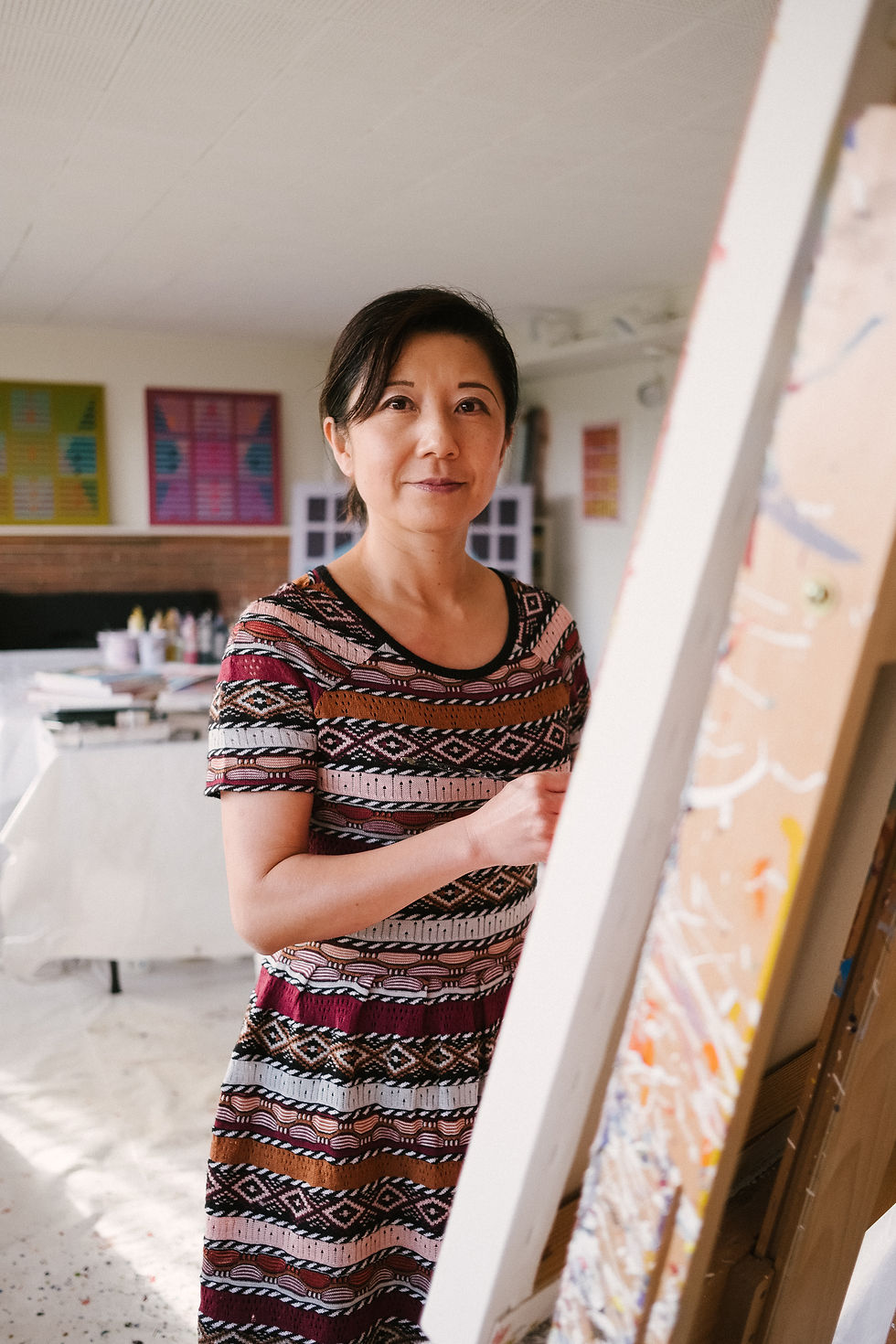
Maggie Jiang Artist Bio
Maggie Jiang is a Seattle-based visual artist who previously worked in business and technology for many years before deciding in 2015 to dedicate herself full-time to making art. Born in Beijing and educated in both China and the U.S., she also worked internationally in Australia, Hong Kong, Beijing, and Europe during her business career. As a Chinese American artist who was raised in two distinct cultures, her focus has been on using geometry to create a visual language that can communicate across cultures with clarity, inclusiveness, and compassion.
Largely self-taught, Jiang’s art education includes classes at Gage Academy and North Seattle College. Exhibiting regularly since 2016, Jiang won 1st prize in 2016 and 3rd prize in 2018 in the Abstract Category at Best of Gage, as well as being selected as the Stranger’s Artist of the Week in July 2022. She is represented by Rinehart Gallery in Seattle, where she recently had her well-received solo exhibition, “I-Ching through thick and thin.”.
She counts the Bauhaus movement, Concrete Art, and artists such as Josef Alberts, Piet Mondrian, Carmen Herrera, and Thomas Nozkowski as some of her main influences. Her intention is for her work to create tension and ambiguity in the minds of her viewers, more specifically:
· Tension between the analytical and spontaneous sides of the self
· Tension between hard-edged forms and visceral and tactile surface textures
· Tension between the austerity of geometry and playfulness of curvilinear forms
· Tension between harmony and discord as well as motion and stillness
· Ambiguity between perceptual vs. physical figure and ground relationships
· Ambiguity between visual vs. audible rhythms upon viewing the work
· Ambiguity between the color perception of the eye vs. the interpretation by the brain
· Ambiguity between chance and control in the creative process




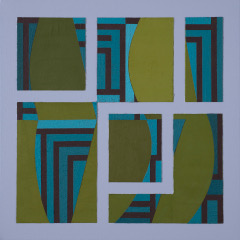
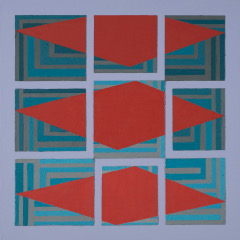

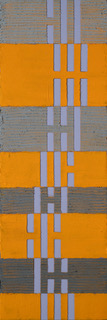
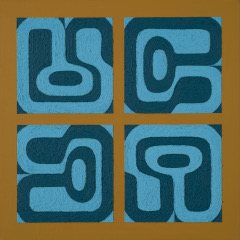

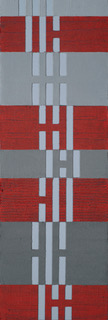
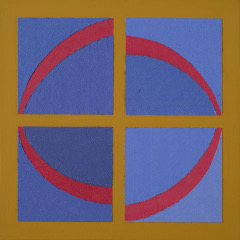

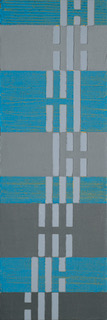
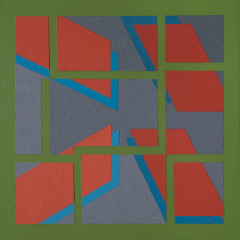
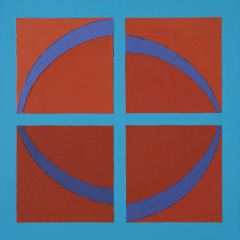
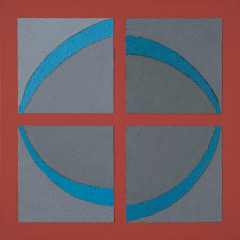
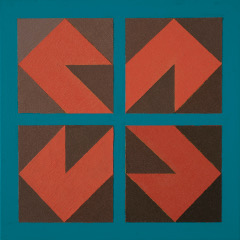
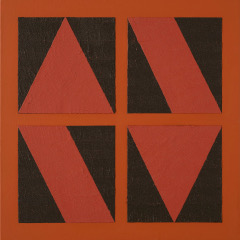
Comentarios